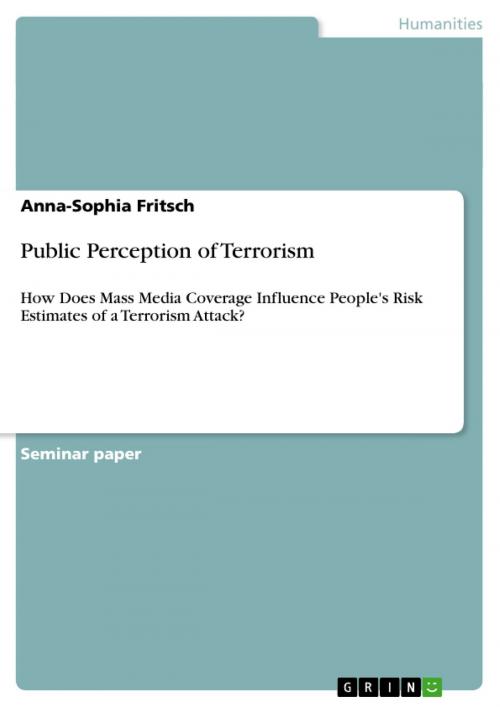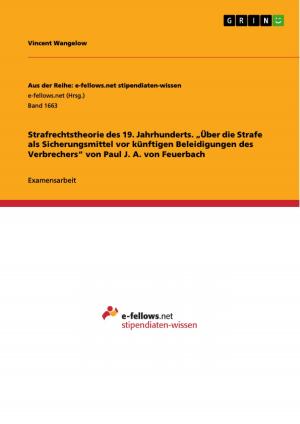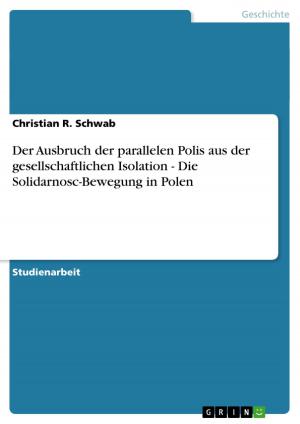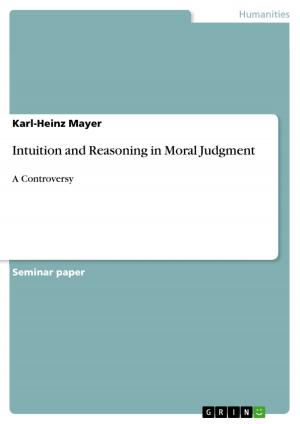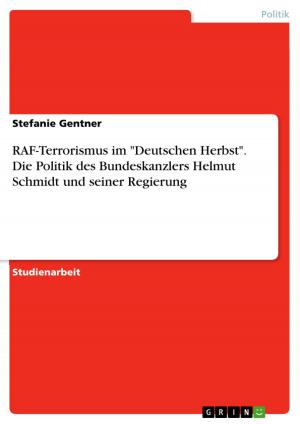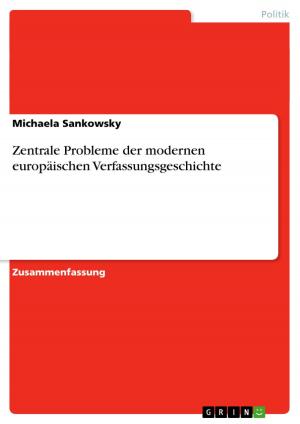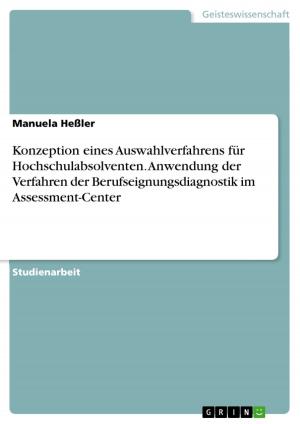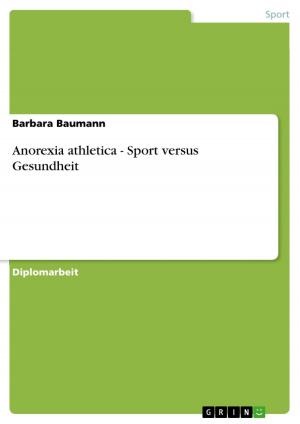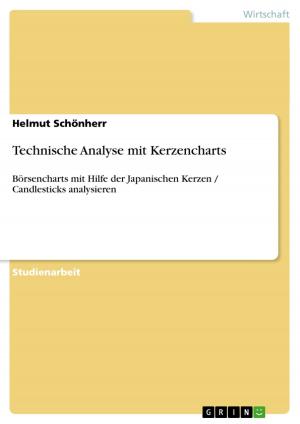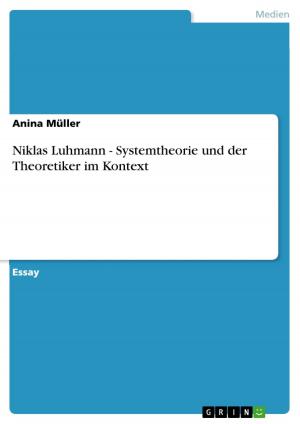Public Perception of Terrorism
How Does Mass Media Coverage Influence People's Risk Estimates of a Terrorism Attack?
Nonfiction, Health & Well Being, Psychology| Author: | Anna-Sophia Fritsch | ISBN: | 9783656174165 |
| Publisher: | GRIN Verlag | Publication: | April 19, 2012 |
| Imprint: | GRIN Verlag | Language: | English |
| Author: | Anna-Sophia Fritsch |
| ISBN: | 9783656174165 |
| Publisher: | GRIN Verlag |
| Publication: | April 19, 2012 |
| Imprint: | GRIN Verlag |
| Language: | English |
Seminar paper from the year 2011 in the subject Psychology - Miscellaneous, grade: A, Norwegian University of Science and Technology (Psychological Institute), course: Risk Psychology, Environment and Safety, language: English, abstract: The bombing of various US-institutions in Germany attempted by a small group of Islamistic terrorists calling themselves the Islamic Dschihad in September 2007 was widely reported in all German mass media channels. This paper is an effort to analyze how reports emotionally framed by fear-appeals and appeals to uncertainty lead to heuristic and shallow information processing on the part of the readers, who consequently overestimate the likelihood of a terrorist attack and therefore become more likely to approve of action recommendations such as precautionary policy changes. By applying the Social Amplification/Attenuation of Representations Framework (Kasperson, 1988, 1992) on the reports of three of the largest German newspapers, Die Zeit, Die Welt and Spiegel, it is illustrated how the secondary consequences of a risk event serve as amplifiers of the original risk and activate representations of similar events within readers.
Seminar paper from the year 2011 in the subject Psychology - Miscellaneous, grade: A, Norwegian University of Science and Technology (Psychological Institute), course: Risk Psychology, Environment and Safety, language: English, abstract: The bombing of various US-institutions in Germany attempted by a small group of Islamistic terrorists calling themselves the Islamic Dschihad in September 2007 was widely reported in all German mass media channels. This paper is an effort to analyze how reports emotionally framed by fear-appeals and appeals to uncertainty lead to heuristic and shallow information processing on the part of the readers, who consequently overestimate the likelihood of a terrorist attack and therefore become more likely to approve of action recommendations such as precautionary policy changes. By applying the Social Amplification/Attenuation of Representations Framework (Kasperson, 1988, 1992) on the reports of three of the largest German newspapers, Die Zeit, Die Welt and Spiegel, it is illustrated how the secondary consequences of a risk event serve as amplifiers of the original risk and activate representations of similar events within readers.
